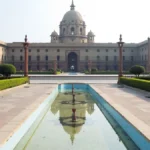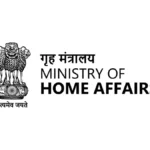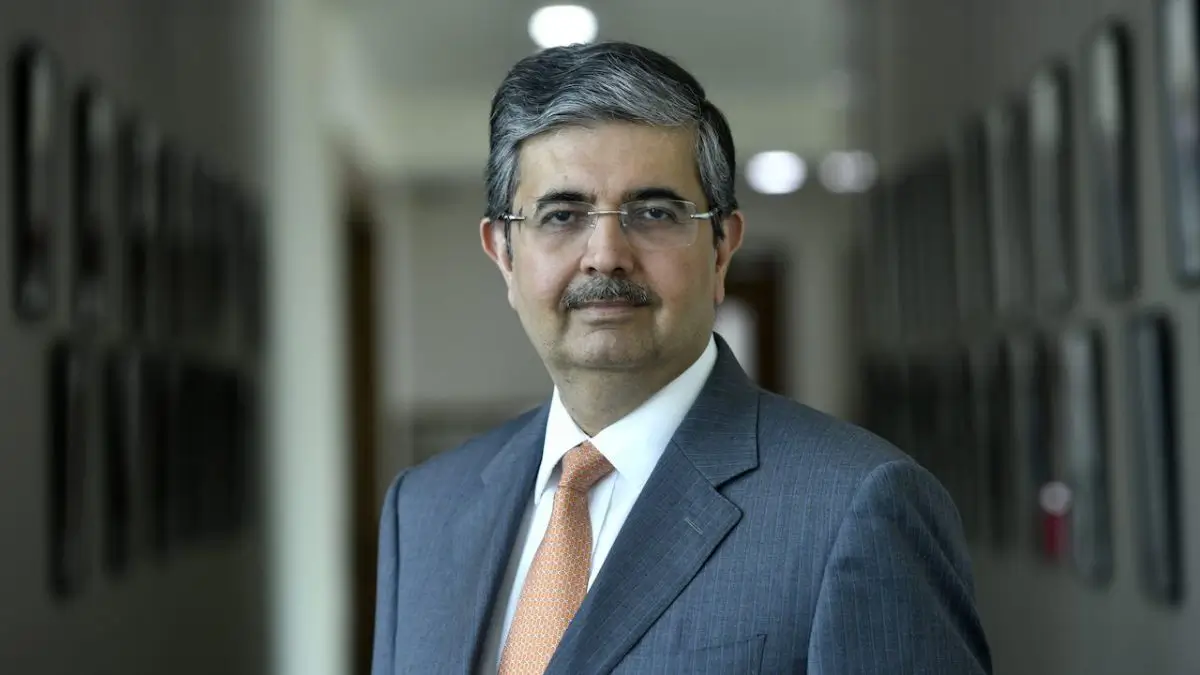Justice Sheel Nagu Appointed Chief Justice of Punjab and Haryana High Court
Introduction
Justice Sheel Nagu has been appointed as the Chief Justice of the Punjab and Haryana High Court. This prestigious appointment marks a significant milestone in his illustrious judicial career. Justice Nagu brings a wealth of experience and expertise to the position, promising to uphold the highest standards of justice in the region.
Judicial Career and Achievements
Justice Sheel Nagu’s career is marked by numerous accomplishments. He has served in various capacities within the judicial system, demonstrating exceptional legal acumen and dedication. His tenure as a judge has been characterized by fair and impartial judgments, earning him respect and admiration within the legal community.
Contributions to Legal Reforms
Throughout his career, Justice Nagu has been an advocate for legal reforms. He has actively participated in initiatives aimed at improving the efficiency and accessibility of the judicial system. His commitment to upholding the rule of law and ensuring justice for all has been a driving force behind his efforts to modernize the judiciary.
Vision for Punjab and Haryana High Court
As the Chief Justice of the Punjab and Haryana High Court, Justice Nagu is expected to bring a fresh perspective and dynamic leadership. His vision includes streamlining judicial processes, reducing case backlogs, and enhancing the overall quality of justice delivered. He is poised to implement innovative strategies to address the challenges faced by the judiciary in the region.
Importance of This Appointment
The appointment of Justice Sheel Nagu as the Chief Justice of the Punjab and Haryana High Court is of great significance. It not only highlights his exemplary career but also underscores the importance of strong leadership in the judiciary. His appointment is expected to inspire confidence in the legal system and reinforce the commitment to justice and fairness.

Why This News is Important
Impact on Judicial System
The appointment of Justice Sheel Nagu as the Chief Justice is a significant development in the Indian judicial system. His leadership is expected to bring about positive changes, enhancing the efficiency and effectiveness of the judiciary. This is crucial for maintaining public trust and confidence in the legal system.
Reforms and Modernization
Justice Nagu’s commitment to legal reforms and modernization of the judiciary is particularly important. His efforts to streamline judicial processes and reduce case backlogs will have a direct impact on the delivery of justice. This is essential for ensuring timely and fair resolutions of legal disputes.
Inspirational Leadership
Justice Nagu’s exemplary career serves as an inspiration to aspiring legal professionals. His dedication, integrity, and commitment to justice set a benchmark for others to follow. His leadership will likely motivate judges and lawyers to strive for excellence in their respective roles.
Public Confidence in Judiciary
Strong leadership in the judiciary is vital for maintaining public confidence in the legal system. Justice Nagu’s appointment is expected to reassure the public of the judiciary’s commitment to upholding the rule of law. This is important for fostering trust and ensuring the credibility of the judicial system.
Historical Context
Background of the Punjab and Haryana High Court
The Punjab and Haryana High Court has a rich history, established on November 1, 1966, following the reorganization of the states of Punjab and Haryana. It has jurisdiction over the states of Punjab, Haryana, and the Union Territory of Chandigarh. Over the years, the court has played a pivotal role in the administration of justice in the region.
Evolution of the Indian Judiciary
The Indian judiciary has undergone significant changes and reforms since independence. The appointment of Chief Justices and judges is a crucial aspect of this evolution. Each appointment brings new perspectives and leadership, contributing to the continuous improvement of the judicial system.
Previous Chief Justices
The Punjab and Haryana High Court has seen several notable Chief Justices who have contributed to its legacy. Each Chief Justice has brought unique strengths and initiatives, shaping the court’s role in the Indian judiciary. Justice Sheel Nagu’s appointment continues this tradition of distinguished leadership.
Key Takeaways from Justice Sheel Nagu’s Appointment
| Sr. No. | Key Takeaway |
|---|---|
| 1 | Justice Sheel Nagu appointed as Chief Justice of the Punjab and Haryana High Court. |
| 2 | His career is marked by numerous accomplishments and a commitment to legal reforms. |
| 3 | Justice Nagu’s vision includes streamlining judicial processes and reducing case backlogs. |
| 4 | His appointment is significant for the enhancement of the judicial system’s efficiency and effectiveness. |
| 5 | This appointment is expected to inspire confidence in the judiciary and public trust in the legal system. |
Important FAQs for Students from this News
Q1: Who is the new Chief Justice of the Punjab and Haryana High Court?
A: Justice Sheel Nagu has been appointed as the new Chief Justice of the Punjab and Haryana High Court.
Q2: What is the significance of Justice Sheel Nagu’s appointment?
A: Justice Sheel Nagu’s appointment is significant as it brings experienced leadership to the Punjab and Haryana High Court, promising enhancements in judicial efficiency and effectiveness.
Q3: What are some of the key initiatives expected from Justice Sheel Nagu?
A: Justice Sheel Nagu is expected to focus on streamlining judicial processes, reducing case backlogs, and improving the overall quality of justice delivered.
Q4: What is the historical background of the Punjab and Haryana High Court?
A: The Punjab and Haryana High Court was established on November 1, 1966, following the reorganization of the states of Punjab and Haryana. It has jurisdiction over Punjab, Haryana, and the Union Territory of Chandigarh.
Q5: Why is strong leadership in the judiciary important?
A: Strong leadership in the judiciary is crucial for maintaining public confidence and trust in the legal system. It ensures the upholding of the rule of law and the fair and timely delivery of justice.
Some Important Current Affairs Links

















